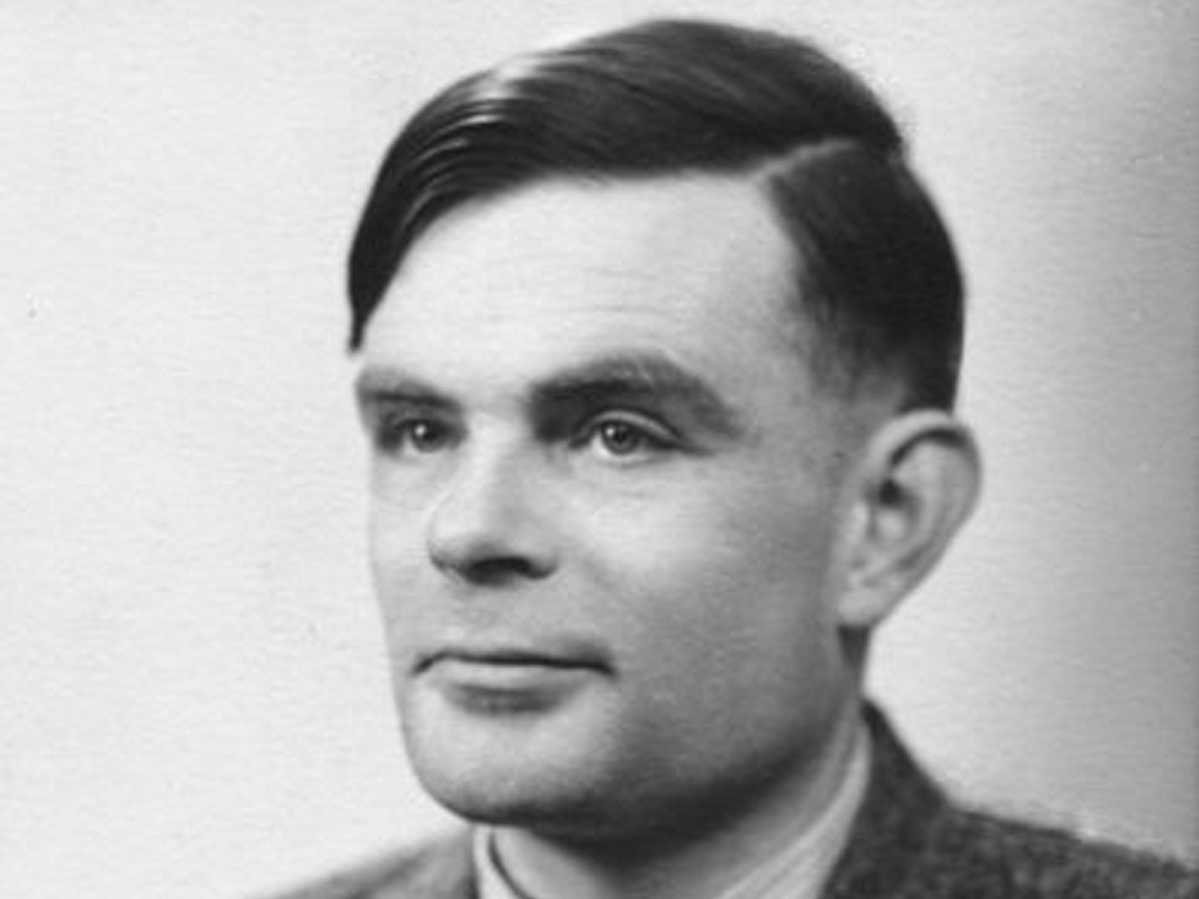Alan Turing named BBC’s ‘Greatest Person of the 20th Century’
The gay scientist and World War Two codebreaker was chemically castrated and took his own life
By Steve Brown

Alan Turing has been named ‘The Greatest Person of the 20th Century’ during BBC Two’s Icons series.
The scientist and World War Two codebreaker won the public vote after being other finalists including Nelson Mandela, Ernest Shackleton, David Bowie, Dr Martin Luther King, Muhammad Ali and Pablo Picasso.
During the final episode of the BBC Two series, Chris Packham delivered a speech about Turing’s tragic life and his legacy.
He said: “All he got for all of his toil and all of our trouble was a poisoned apple. A genius, a saviour, but he was also autistic and gay, so we betrayed him and drove him to suicide.
“Shame. Writ large his death, an unforgiving tattoo on humanity’s conscious.
“In each of your hands, you hold a little but of Alan Turing. He’s with us when we wake up, he’s with us when we go to bed at night and he’s with us when we talk to our loved ones.
“He’s beautiful, isn’t he? Glistening in our darkest hour. You see, Alan Turing’s legacy hasn’t passed. He’s not a relic of the 20th Century, his gift to us is our future.”
Turing helped break the German navy’s Enigma code used by U-boats to send secret messages during World War Two with Prime Minister Winston Churchill saying his work was the “single greatest contribution” to the victory.
However, because of his sexuality, he was discriminated against during the time when homosexuality was illegal in Britain.
He face a conviction for gross indecency back in 1952 for having an affair with a 19-year-old homeless man from Manchester.
This saw him chemically castrated and he lost his security clearance and was stopped from code-breaking.
Two years later, Turing – who was struggling to deal with his conviction as an openly-gay man – killed himself.
He was found in his home with a half-eaten apple laced with cyanide. Turing received a royal posthumous pardon in 2013, nearly 60 years after his death.
